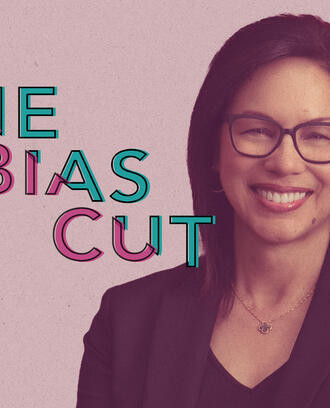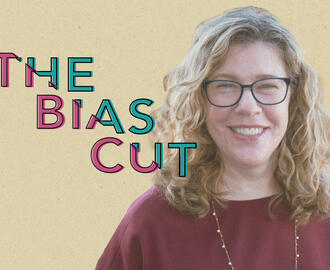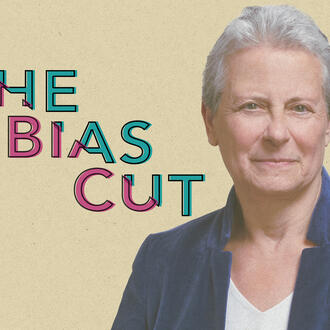Credit: Laura Wentzel
A 2023 women’s leadership study from LeanIn.org and McKinsey & Co. found that American women held 40% of corporate management positions, and women continue to fight underrepresentation when it comes to board positions and CEO roles. They also face gender bias, harassment, and opposition to their management styles.
Here’s how one MIT Sloan alumna has pushed back on those statistics and used what she’s learned along the way to help those behind her.
Coleen Glessner, MBA ’15, executive vice president of risk, ethics, and compliance, and regulatory and chief quality officer for Emergent BioSolutions. Previously, Glessner held executive roles with Alexion Pharmaceuticals and Pfizer.
Given what you know now, what would you tell your younger self about being a woman in your industry?
Early in my career, I was motivated by what my stakeholders needed from me. I was largely focused on anticipating their needs and going above and beyond expectations. Reflecting on this, one piece of advice I would offer to my younger self would be to resist being a people pleaser. With experience, I now recognize that validation needs to come from within, and the ability to honor and acknowledge your own strengths, contributions, and achievements is more important and gratifying than the external validation from others.
Can you give an example of a time you’ve experienced or witnessed gender bias? How did it affect you professionally? What impact did it have on your job?
I’m not sure if we put a name to it, but in the 2010s, gender bias was clearly part of workplace norms. The pharma industry was tough: fast-paced, round-the-clock hours, lots of travel, and few women to emulate in leadership positions. There were times when I was in competition with male counterpart for recognition as a “top performer,” and the fact that he was married with a family while I was single with no children was actually part of the conversation. I remember that these experiences made me feel like I wasn’t being taken seriously for my contributions, and I even felt guilty for some of my life choices.
What is the most difficult lesson you’ve learned in your professional life? In what unexpected ways did you grow from it?
I realized that in order to advance my career, I needed to try new things, and, more importantly, I knew that I needed to accept potential failure. Through this professional experimentation, where sometimes I succeeded and other times I failed, I identified my passion and my purpose. Bottom line: You need to create your own future.
What’s one specific way you tend to your well-being, and how do you encourage well-being among your staff?
With my team, we take time each quarter to pause from our day-to-day responsibilities to focus on the strategic elements of our work. We use these sessions to focus on our leadership, where we are headed, and how we plan to get there. I find that the concept of pausing allows us to lean in and activate our energy for the long haul. I’m also a big believer in the benefits of time off, and I encourage my team to take full advantage of their PTO so that they can disconnect from work and come back renewed with energy and a fresh perspective.
Attention to my own well-being is like putting on my oxygen mask before helping the person beside me. I truly believe that in order to help others — whether it’s my team, my family, or my community — I have to pay attention to my own physical and mental health. I find that the better I manage my eating, exercise, and sleep habits, the better I feel and the more energy I have for everything else. I also look for ways to turn my brain off: long walks, playing with my dog, or watching a movie.
What’s one skill or behavior women can adopt to make their career path more successful and more manageable?
Early on, I thought it would be enough to do my job well and my career would advance organically. With time, I learned that this wasn’t going to be enough — I had an obligation to share my concerns and ideas and to bring alternatives and solutions to the problems we faced. The good news is that you can practice finding your voice. Start in one-on-one meetings or small group settings where you can try different approaches without too much risk. Your voice may shake, as did mine, but press on. Consider in advance what you want to say and whether this is the right setting, audience, and time to offer your thoughts. And reflect on the outcome: Did you get your point across? How was the message received, and what can you do to improve your approach for the next time? Keep in mind that it won’t always go smoothly, but that’s OK. Keep practicing.
If you could snap your fingers and change one thing about workplaces, societal norms, or public policies that would most benefit women in the workforce, what would it be?
When women across the globe have the same opportunities as men to obtain a good education and a high-paying job, openly express their political views, become leaders in their communities, and have the same decision rights at home, we will have healthier families, stronger businesses, and more sustainable economies.



